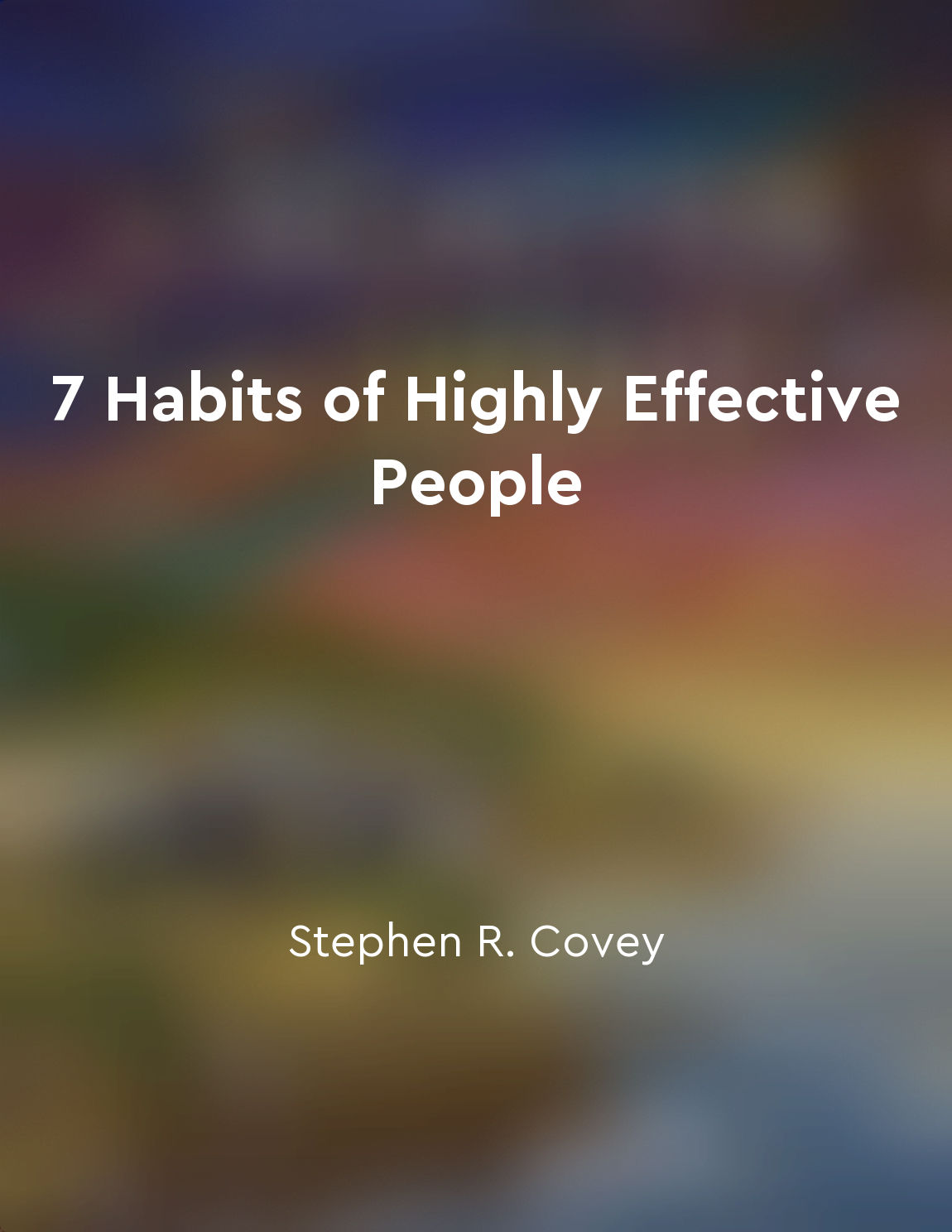Audio available in app
Improve communication and relationship skills from "summary" of The Healthy Mind Toolkit by Alice Boyes,PhD
Effective communication is the cornerstone of strong relationships. It involves not just what you say, but also how you say it. Developing good communication skills requires both self-awareness and empathy. Self-awareness helps you understand your own feelings and reactions, while empathy allows you to understand and relate to the emotions of others. To improve your communication skills, it's important to practice active listening. This means giving your full attention to the person speaking, without interrupting or thinking about your response. Reflecting back what you've heard can help ensure you've understood the message correctly. Nonverbal cues, such as eye contact and body language, also play a crucial role in communication. Conflict is a natural part of any relationship, but how you handle it can make a big difference. Avoiding conflict or being too aggressive can both be detrimental to the relationship. Instead, aim for a middle ground where you can express your feelings honestly while also being respectful of the other person's perspective. Compromise and seeking solutions together can help resolve conflicts in a constructive way. Building trust is essential for strong relationships. Trust is developed through consistent and reliable communication. Honesty and transparency are key components of trust. It's important to be open and authentic in your interactions with others. Trust is easily broken, so it's essential to be mindful of your words and actions to maintain trust in your relationships. Cultivating emotional intelligence can also enhance your communication and relationship skills. Emotional intelligence involves recognizing and managing your own emotions, as well as understanding and empathizing with the emotions of others. Developing emotional intelligence can help you navigate difficult conversations and connect more deeply with others.- Improving communication and relationship skills requires practice and effort. By cultivating self-awareness, empathy, active listening, conflict resolution skills, trust-building, and emotional intelligence, you can strengthen your relationships and foster more meaningful connections with others.
Similar Posts
Cultural significance of literature
The cultural significance of literature lies in its ability to reflect the values, beliefs, and traditions of a society. Throug...

Synergize
Synergy is the concept of working together to achieve more than what could be accomplished individually. It is the idea that th...

Emotional intelligence allows for better selfregulation
Emotional intelligence plays a crucial role in the way individuals regulate their own emotions and behaviors. When one possesse...
Vulnerability fosters intimacy
When we allow ourselves to be vulnerable with someone, we are opening ourselves up to them in a way that creates a deeper conne...
Conectar con emociones propias facilita conexión emocional con otros
Connecting with our own emotions is the first step towards building emotional connections with others. When we are in touch wit...
Acepta tus imperfecciones y sigue adelante
One key aspect of personal growth is learning to accept our imperfections. It is easy to get caught up in striving for perfecti...
Set clear goals
In order to be effective in achieving our goals, it is crucial to set clear goals. Without a clear vision of what we want to ac...
Guard your hearts against bitterness and resentment
The heart is a delicate thing, easily wounded by the sharp arrows of bitterness and resentment. When we allow these toxic emoti...
Developing emotional intelligence takes practice and dedication
Developing emotional intelligence requires a conscious effort and commitment. Just like any skill, emotional intelligence needs...
Practicing gratitude fosters a culture of appreciation and connection
When we make a conscious effort to practice gratitude, we are not only acknowledging the good things in our lives, but we are a...

